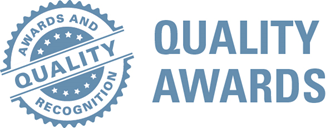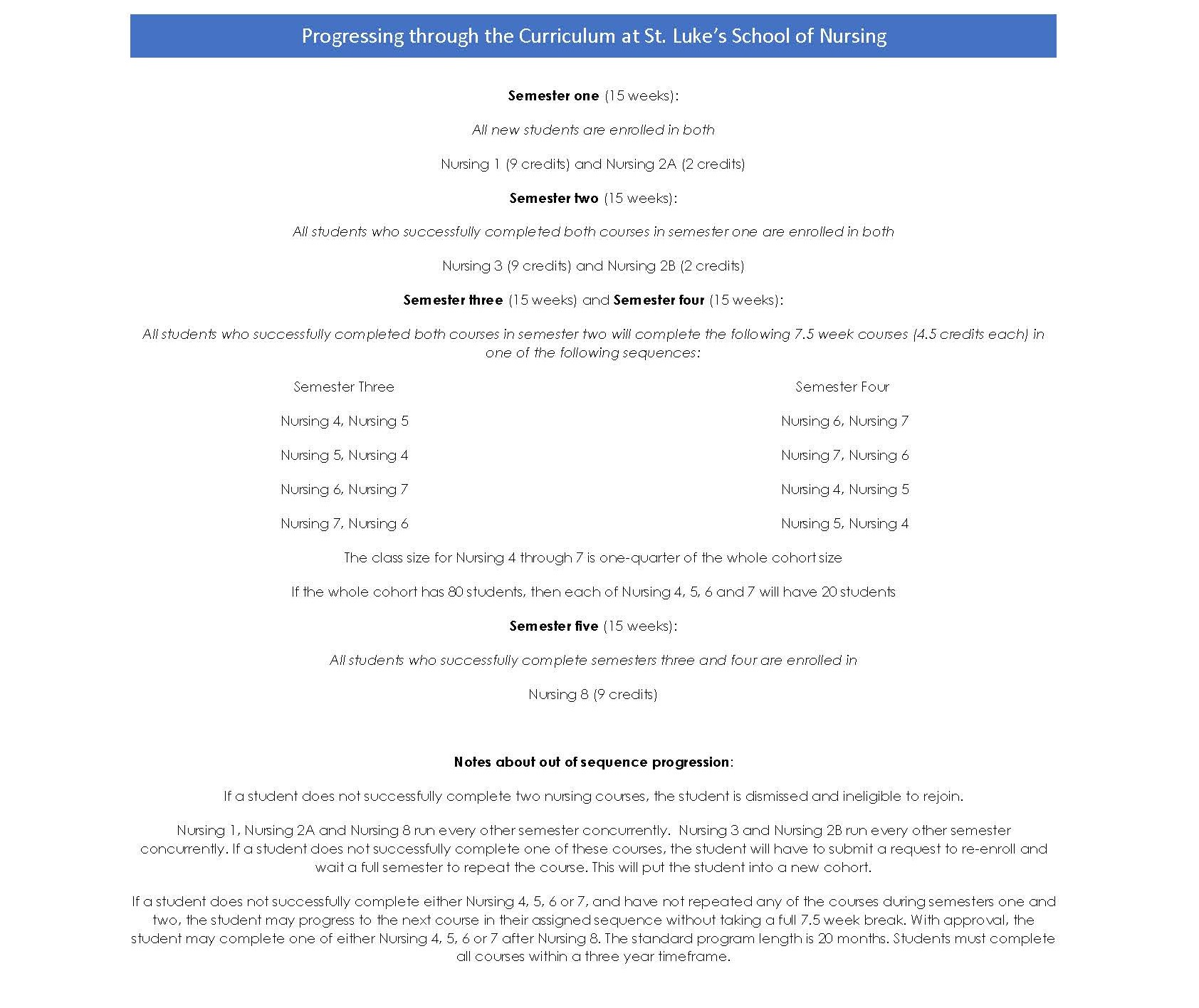

 Quality Awards
Quality Awards

Through the program offered by St. Luke’s School of Nursing, you will be well prepared to begin your nursing career. Experienced faculty will help you apply classroom theory to patient care. Through clinical practice and a challenging academic curriculum, you will build confidence in your professional abilities, and you will learn to make critical judgments with assured professionalism. Students are introduced to the concepts of wellness, the hospitalized patient and basic nursing skills.
Early in the first semester, the student is introduced to patient care in the hospital setting. Basic nursing skills and nursing theory are correlated to learning experiences in the clinical laboratory setting. The amount of clinical practice increases with the advanced nursing courses. St. Luke’s University Hospital - Bethlehem is the primary site for clinical experience. Students receive 900 hours of clinical training, including a preceptor experience. Additional experience is provided at other local acute care, chronic care and community agencies. Students are responsible for their own transportation to clinical settings. Some clinical experiences and/or classes are held in the evening. Graduates of the School of Nursing are prepared to take the NCLEX Examination for Registered Professional Nurses (RN).
The St. Luke’s School of Nursing curriculum extends over a period of 20 months and is divided into 15-week semesters.
Students receive theoretical instruction and clinical experiences in six areas: maternity, care of the child, gerontology, psychiatric and medical/surgical nursing.
Click here for the pre-admission requirements, including the college/university prerequisites.
For complete course descriptions, please see our Catalog/Student Handbook.
Nursing 1: Basic Concepts of Nursing Care
Nursing foundations based on wellness, health promotion, and alterations in homeostasis. Through selected guided experiences the student can apply these skills and knowledge to meet the basic health needs of the client.
Nursing Pharmacology 2A: Introduction to Nursing Pharmacology Introduces concepts of pharmacology and its relationship to nursing practice. Provides a theoretical foundation for medication administration by utilizing the nursing process to focus on the nurse’s role in medication administration, safety, teaching, and evaluation of individuals receiving pharmacological therapy.
Close
Nursing 3: Nursing Care of Individuals Experiencing Cellular Imbalance
Emphasizes the care specific to the individual experiencing cellular imbalance. Adult-health nursing theory includes: prevention of illness, pathophysiology, promotion of wellness, rehabilitation, integration of research, diet therapy, patient teaching and other modalities.
Nursing Pharmacology 2B: Pathophysiologic Approach to Nursing Pharmacology
Emphasizes the importance of the nurse’s role in the administration of pharmacological agents to clients with altered disease processes. Stresses the need for safety, teaching, and evaluating the individual’s response to pharmacologic therapy.
Close
7.5 weeks per course rotation.
Course sequencing is determined after completion of Semester 2.
Nursing 4: Concepts of Pediatric Health Care
Introduces concepts of health and nursing care of the child. Theoretical framework includes dynamics of growth and development, health promotion, as well as acute and chronic childhood illnesses.
Nursing 5: Nursing the Childbearing Family
Introduces concepts of care for the childbearing family and women’s health. Includes care of families experiencing pregnancy and childbirth. Clinical component includes experiences in the prenatal, natal, and postpartum management of the patient.
Nursing 6: Mental Health Nursing, Nursing Care of the Individual Experiencing Coping Mechanism Failure
Introduces concepts of nursing care for the patient with coping mechanism failure. Theoretical framework emphasizes psychopathological disorders. The student gains experience with adults, adolescents, and children.
Nursing 7: Gerontological Nursing, Concepts of Health Care for the Older Adult
Concepts of nursing care for the older adult. Content includes expected health changes experienced by older adults as a result of the normal aging process, plus health problems resulting from pathology often experienced by the older adult.
Close
Nursing 8: Nursing Management of Complex Health Care Problems
Introduces advanced nursing concepts as well as the leadership and management skills needed to manage the care of individuals with complex health care needs. Independence and professional socialization are further enhanced during the final weeks of the semester through an independent preceptored experience.
Close

Close
